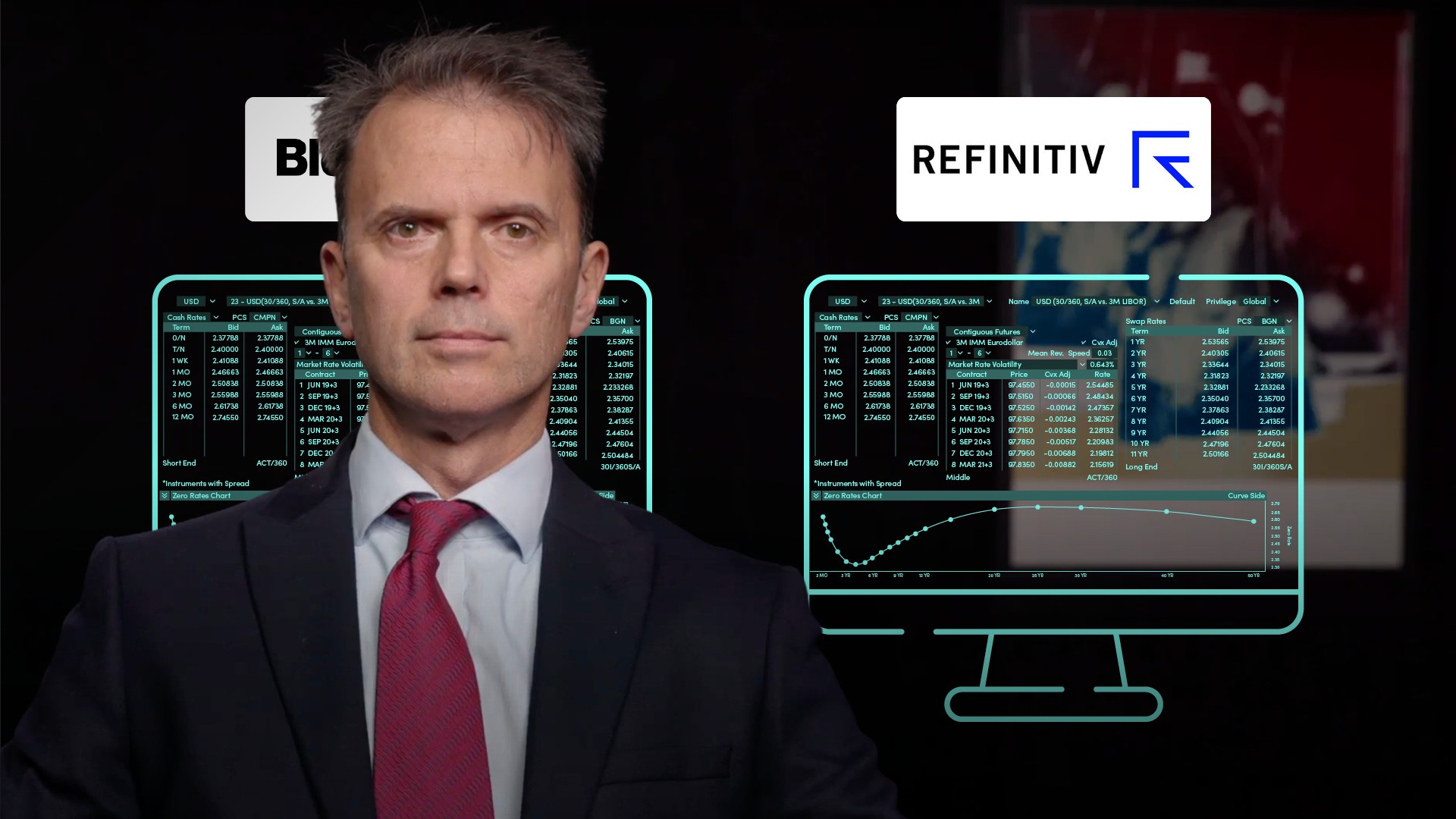
IBOR Transition and Fallback Provisions I (Dec 20)

James Eves
30 years: Equity capital markets
In this video James Eves outlines what will happen to existing instruments that reference a LIBOR, such as loans, bonds and derivatives. He highlights how issuance date is vital in determining what to do with a particular instrument. Finally, he outlines what a fallback is and its three components alongside ISDA recommendations.
In this video James Eves outlines what will happen to existing instruments that reference a LIBOR, such as loans, bonds and derivatives. He highlights how issuance date is vital in determining what to do with a particular instrument. Finally, he outlines what a fallback is and its three components alongside ISDA recommendations.
Subscribe to watch
Access this and all of the content on our platform by signing up for a 7-day free trial.

IBOR Transition and Fallback Provisions I (Dec 20)
9 mins 13 secs
Key learning objectives:
Understand the history of LIBOR
Define fallbacks and outline their three main components
Define Derivative Fallbacks
Overview:
The London Interbank Offered Rate is an interest-rate average calculated from estimates submitted by the leading banks in London.
Subscribe to watch
Access this and all of the content on our platform by signing up for a 7-day free trial.
Understand the history of LIBOR.
LIBOR began in 1969 as a way for banks to lend using a uniform rate, based on the level they would borrow from each other. After this rate had been developed, banks could then simply add a spread which represents the implied credit risk of borrowers. It became the main source for bonds looking for a floating rate rather than fixed. Today, while bonds and loans using LIBOR are estimated to be around $10 trillion globally, these are dwarfed by the notional derivatives outstanding at over $250 trillion.
But at the heart of this huge global total lies a number based largely on a group of banks estimates of a financing level they rarely actually use any more. Moving away from LIBOR seems logical, but the quest for a substitute that is liquid and tradeable in every market has resulted in a very different product. Daily overnight rates like SONIA, the UK’s Sterling Overnight Index Average; SOFR, the Secured Overnight Financing Rate used in the US,and Ester, the euro short-term rate used in the euro area.
Fallbacks and its 3 main components
Fallbacks generally have 3 key components:- Trigger event - what are the circumstances that result in a benchmark replacement?
- The process - What is the path to identifying the replacement rate?
- Adjustments - What is the new rate, the spread adjustment and any other key terms?
What are Derivative Fallbacks?
A derivative is a financial security with a value that is reliant upon or derived from, an underlying asset or group of assets. When thinking about LIBOR, a very common derivative, for instance, is one that swaps fixed interest rate payments on a bond for floating, LIBOR related payments. Derivatives typically have fallback language from the 2006 ISDA definitions, through an ISDA master agreement.
What is ISDA?
ISDA (the International Swaps and Derivatives association) is the trade organisation for participants in the over-the-counter derivatives market. As a standard contract to enter into derivatives transactions, it has established the ISDA Master agreement.
ISDA has published language that supersedes all older ISDA definitions and which applies to new transactions by default, to help with enormous logistical challenges. They accomplish this through a 'protocol' that was introduced in October 2020 which will result in an automatic transition for all parties who have signed up.
Subscribe to watch
Access this and all of the content on our platform by signing up for a 7-day free trial.

James Eves
There are no available Videos from "James Eves"



























